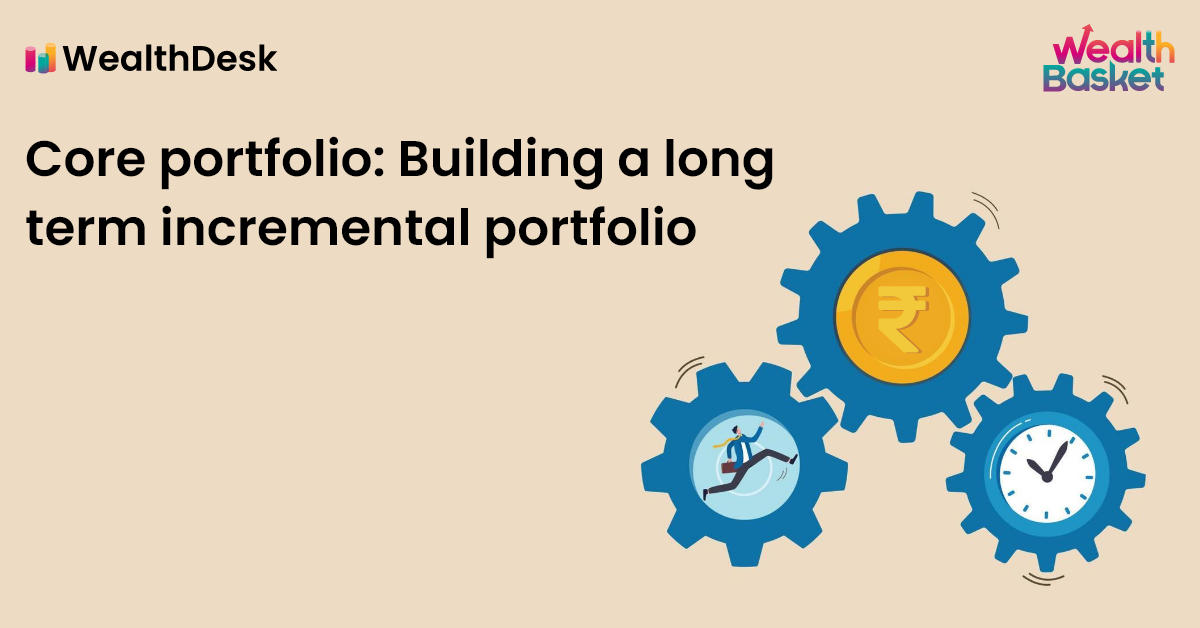Getting worried about the future is a good sign. It means you are thinking ahead and want to save yourself from a financial disaster. Perhaps, it is time to stop worrying and start looking for answers for effective investment plans. This article will get the solution for a financially secure future and retirement by using effective long-term strategies.
Most companies (both public and private) have moved from the completely employer-sponsored defined-benefit pension plan to the defined-contribution pension plan. In the latter type of retirement plan, pre-tax payment deductions from the employee’s paycheck go towards a retirement plan. Employers also make a matching contribution and invest in the employee’s plan.
However, with a defined-benefit pension plan, employers would guarantee a specific sum as a retirement benefit for the employee. So, with the move towards defined-contribution pension plans, most employees will not have a fixed guaranteed pension after retirement.
Therefore, it becomes your responsibility to secure your future. You might wonder what are some safe investments that beat inflation consistently. Suppose you are only investing in fixed-income securities with fixed interest payments. In that case, likely, your accumulated wealth may only last you till the middle of your post-retirement life due to high inflation. The only way to control inflation from eroding your wealth is by investing in long-term equity. So let’s learn how to beat inflation with the right kinds of investments.
How to beat inflation with the right investment strategies
Inflation is considered a wealth eroder. No matter how much you save, if your savings can’t beat the ongoing inflation rate, then there will be no savings in real terms. You may end up spending all your saved money mid-way of your retired life.
Thus, investors are always questioning which assets have high investment returns and how much is enough to beat inflation. Returns adjusted for the loss caused by inflation are called the real rate of returns.
The best investments for inflation are the ones that will help you to earn a standard real rate of return. If you are new to the finance world, it might be challenging to understand the real rate of return. Let’s understand it in simple terms:
If you are spending INR 100 to buy 1 kg of apples today, then, after 30 years, it will be INR 511, considering the current inflation rate of 5.59%. So no matter where you invest if your return from that investment vehicle is less than 5.59%, you will lose your capacity to buy goods in the future. The return an investment vehicle provides over and above the inflation rate is considered the real rate of return.
Long term investment in equity
Long-term equity investments have proven to be the best hedge against inflation. Many individuals are hesitant to park their money in long term equity investments due to the volatility. But, if you see the broader picture and check long term equity investments, then the average return that equity investment has provided in the last decade will beat any fixed-income instrument. Moreover, equity investments offer an average return of 10–14% over long periods. Thus, long term investments can provide returns higher than the inflation rate.
Don’t bother yourself by seeing daily news on the stock market. Every day you will see that a particular stock has risen by 20% or more. Don’t be tempted and act instinctively. Do your research and select stocks of good companies for long-term investment.
Once you have selected a good company, buy the share at the current price level. Because if you wait for the price to fall, you may miss the next rally. Once you buy the share and the price drops, buy more to average down your purchasing price. Over the long term, you will earn a good return, and you will have a secured retired life.
Short term investments
Short term investment in equity might be profitable, but it is risky. Suppose you have a short tenure and plan to invest in equity, and the market had gone down or remained at the same level just when you needed funds. You may end up selling the stock without profit or at a loss. Therefore, short-term equity investments are not the perfect instruments for beating inflation.
Buy in the Basket for diversification
Portfolio diversification is a necessity, as it makes your portfolio stable. A diversified portfolio is a collection of unrelated stocks. So, if one stock of the portfolio falls, other stocks will rise to make the portfolio stable. Achieving a diversified portfolio for both long-term and short-term investments is not easy. WealthDesk helps you choose the best long term stocks with WealthBaskets that help you make long term strategies for your future goals.
Conclusion
You don’t need to be a chartered accountant or a certified financial analyst to be a good investor. You should first set your future goals. Moreover, not all your plans will be for the long term. So, separate your goals and form WealthBaskets for each goal to help you attain your financial milestones easily.
FAQs
Long-term investments have the advantage of time. As the tenure is long, long-term investments will have enough time to recover losses, if any. It is proven that over the long term, the stock market has provided a positive real return.
Short-term investment is affected by volatility. If the volatility is in your favor, then it’s good. But, if the stock price falls sharply and you don’t have enough time for recovery, you will have to sell the stock at a loss.
Long-term investment is when you hold an asset for more than ten years, and short-term investment is when you hold an asset for three years or less.
The most dominant factor for a long-term strategy is the management of the company. If a company has good financials and the management is governed well by the board of directors, that stock will provide a good return over a longer period and potentially be among the best long-term stocks.
Stock prices are not fixed. So, don’t get too attached to a stock. Once you have held a stock for a long duration and received sufficient return, sell the stock and book profits.


















